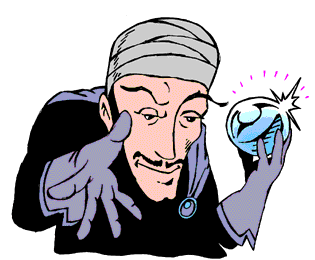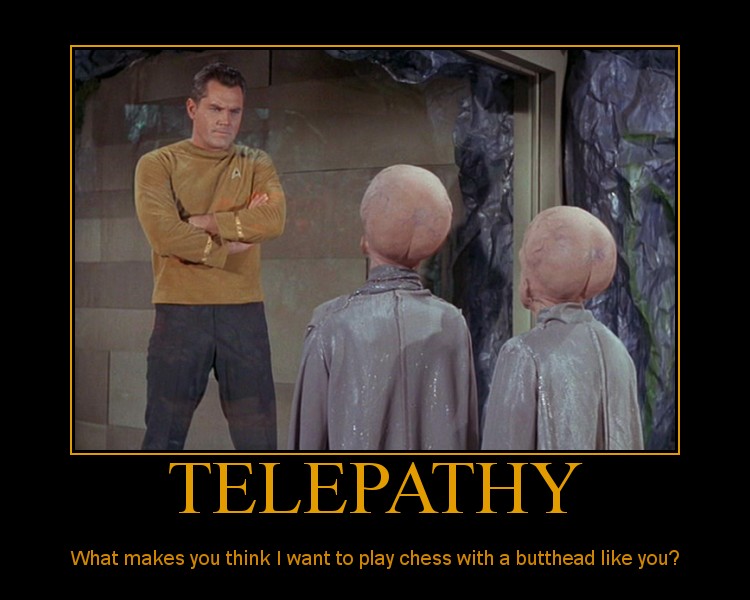Wednesday, February 18, 2009
New Boardgame - TELEPATHY

Earlier this year, I received a copy of Telepathy for review. It is a newly produced game by LMD Enterprises – a new startup based in Seattle, Washington. The game is advertised as “a strategy game combining logic, deduction, and more…”.
Well, based on the one sentence tagline, I was immediately interested, as I generally like all sorts of deduction games. Further examination of the game’s website brought up this blurb: “In this puzzle solving challenge of deduction, logic and intuition, players go head to head to see who can be the first to guess their opponent’s secret square. Every action turn brings you closer to finding the hidden, ancient symbol. But watch out; your opponent may be closer to solving your secret square than you think! The Telepathy board game is an outstanding logic building tool, ideal for educators and puzzle solvers alike. If you like Sudoku, Mastermind, or Battleship, this game is for you.”
The game focuses on a 18x18 board. There are 9 colors and 9 shapes involved in the game, and each combination of color and shape is represented 4 times on the 18x18 board. The columns are numbered 1 to 18 and the rows are lettered A to R. At the beginning of the game, each player picks out his “secret square” - any square on the board – and then writes down the row, column, color, and shape.

Once each player has chosen a secret square, you then go about trying to ascertain the secret square of your opponent. Now, admittedly, I’ve only played the game in a 2-player format thus far – so it was always a simple head-to-head battle. If you have 3 or 4 players, each player tries to discover the secret square of the person in front of them in turn order.
In any event, each round follows a simple pattern – you simply nominate any square on the board and announce the row, column, color and shape. Your opponent then simply gives you a “Yes” or “No” answer. If you match any of the four characteristics of the secret square, you get a “Yes”. If ALL four characteristics do not match, then you get a “No”. After you ask your question, your opponent gets to ask you one about your secret square and so on.
The game continues on in the format until one player thinks they know what their opponent’s secret square is. Instead of their normal turn, they announce that they are guessing at what the secret square is. If they guess right – they win the game. If they guess wrong, they are eliminated from the game. (And since I played only two player games, they would therefore lose the game by guessing incorrectly).
That’s all there is to the game – it’s deceptively simple to figure out. At first it didn’t make sense why players would have to announce all the characteristics of the space they were guessing at – but after awhile, it became apparent that announcing all those things made it much harder for a mistake to be made in giving the Yes/No answer. Like all logic/puzzle games, the entire game can break down if there is an error in the information reporting.
But the big question – is it fun? Yes, Telepathy is a fun game. It is a nice simultaneous logic puzzle game. I would have to disagree with the assertion that it is also a deduction game, as I have really found no deduction whatsoever in the play of the game. The start of the game is a race to eliminate as many colors/shapes/rows/columns as possible early on in the game. Then, once you’ve eliminated out a large portion of the board, you then carefully examine the board to find out which squares will give you the vital pieces of information that you need to solve the puzzle. Games tend to be fairly quick – most of my games have ended within 15 minutes.
You can often tell how your opponent is doing by examining the questions being asked of you. As the endgame nears, if you feel that your opponent is close to determining your own secret square, you may have to make a guess between two or three possible choices when guessing at the secret square – but this isn’t deduction. It’s guessing. But, if you think your opponent is about to guess at your square – sometimes it’s worth the risk to make a guess with incomplete information in order to try to sneak out the win. Of course… if you guess wrong, then you’ve lost (though maybe you would have lost anyways?)
As I mentioned before, all of my games thus far have been the two-player variety. There are rules included to allow you play with more, either as teams or cut-throat. However, most of these rules seem artificial (from my reading of them). I suspect that if I ever had 4 people together that wanted to play Telepathy, I’d start 2 simultaneous games and then switch opponents between games.
There is one advanced variant to the game which is quite interesting. In this version of the game, each player chooses two secret squares and you win only be deducing the identities of both of your opponent’s secret squares. Now, I’ve only played this way once, so I’m not sure if I prefer it to the basic game. It is a much more difficult process of figuring out where the secret squares are – and in fact, for those not inclined to logic puzzles – it may actually be more work than fun. To compensate for the increased difficulty, you are not eliminated from the game if you make an incorrect guess at the two secret squares. In this version, you merely lose a turn for making an incorrect guess. In any event, this advanced version converts the game into a pretty significant brain burner.
The components of the game are pretty well made. There are 4 large coated boards that provide you with your 18x18 grid – and the boards are big enough that it is easy to see the contents of each square. There are also 4 smaller cards provided so you can write down the information about your secret square. The dry-erase markers that are included work well, and importantly, they erase easily. My only complaint of the components might be the box. The box is made of the same coated cardboard material and it is STICKY. The inner face of by box is already marred by fingernail impressions as I’ve had to dig my nails into the box to get it to come open before playing. However, the complaints about the box are minimal when taking in the game as a whole.
Telepathy has been about a year in development. According to the designer, Derek Chinn, his inspiration to design the game came from a 2007 Christmas gift. He was able to get his game idea into good form by May of the following year and, thru FunHub Creative, he was able to have finished copies of his game available by November, 2008. At the current time, the game is available thru his website (http://www.telepathygame.com/) as well as getting hooked up with a distributor. If you’re a fan of logic games (or Mastermind or Battleship), you’ll probably enjoy playing Telepathy, and I’d encourage you to give it a try.
Until your next appointment, The Gaming Doctor
© 2009 Dale Yu
Subscribe to Posts [Atom]
